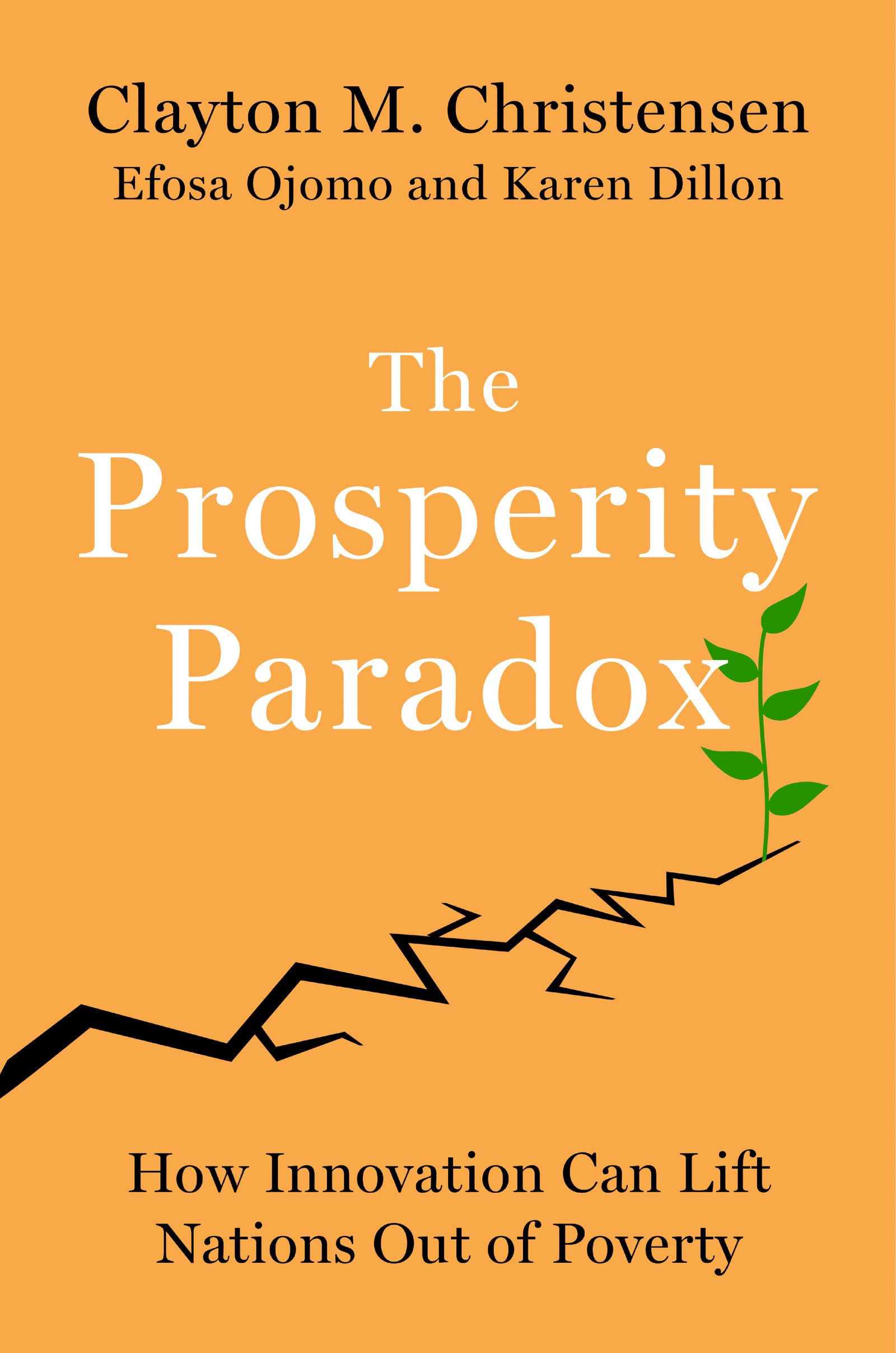I’ve been thinking a lot about poverty and prosperity lately.
It’s something that really, I’ve thought about for as long as I remember. From the time I was a young teenager and my Dad traveled to Mali, Africa and to a small town in rural China. I have no recollection as to why he traveled there, but I remember pouring out my heart to God trying to understand why we are all born in such different circumstances. And also pouring out my savings for my dad to donate to whatever causes he felt they would benefit.
I remember reading The Jungle by Upton Sinclair in my formative teen years and my heart swelling for those immigrants in the early 1900s who were just struggling with everything they had to make ends meet.
And seeing City of Joy, which changed my heart in many ways as well (and inspired our trip to India). A Tree Grows in Brooklyn (that I wrote my thoughts about HERE) inspired me as to how people can pull themselves out of poverty (I adore the mother Katy in that book…uneducated but does so much and works so hard to make sure her children have a different path).
Dave read this book called The Prosperity Paradox a while ago. He told me about part of the book where it talks about how China reduced it’s rate of poverty from 66% in 1990 to less than 2% today. I was intrigued. How did that happen? How can it be duplicated in other countries? Should it be duplicated?
So I got busy reading. Well, listening actually…

Here are some snippets from my bookmarks:
“Since 1960 we have spent more than 4.3 trillion dollars in official development assistance trying to help poor countries. Unfortunately, many of our interventions have not had the impact that we hoped they would. In fact, many of the worlds poorest countries…are still poor today, and even worse, at least twenty of those countries, after receiving billions of dollars in aid, are poorer in 2016 [when this book was written] than they were in 1960.“
So how do we change that? He goes into lots of ideas, and if you’re interested you really should read the book, it is so thought-provoking! But here are some things he talks about:
–He talks about how different innovations make a huge difference. One example is the car market in the early 1900s. More cars led to more roads which in turn led to more jobs which reduced crime.
–He goes through how new innovations in medical insurance have made a huge impact on lower income families (I can’t remember where but it was a pretty interesting alternative to insurance for those under the poverty line…)
–He talked about how important it is to seek to understand the underlying problems before offering a solution. Tells a story of how government came in to India and tried to produce free toilets to help remedy continual health issues. People didn’t use them, part of it was a cultural norm, but they later found that part of the problem was that they found many of the toilets hadn’t even been installed correctly.
–He talks about how it’s easy to assume that poverty is a resource problem so we have developed a “push” strategy that is essentially resource based. “With good intentions we push the resources that high income communities have and poor communities lack to solve a problem.” But they don’t always take root and sometimes create more problems.
–I was really taken in by how he talked about early America and how so many lived in poverty. He told the Isaac Singer, Eastman Kodak and Henry Ford stories that fascinated me. How infrastructure has to be innovated to higher standards for ideas like these which create new jobs and a better economy. In 1900 there were 8,000 registered cars in the United States, by 1910 there were 458,000, and by 1920 there were more than 23 million cars. Isn’t that crazy? Then he talks about how many things changed because of the introduction of that new innovation…more kids could go to school, businesses could move freight, wages went up. (cool stories with Singer and Kodak too).
–“Every success is the mother of countless others” Love that.
—“No matter how well-intentioned an institutional reform, if it is not connected to innovations that create or connect to markets that connect and serve as many people in a region as possible, it will be difficult to sustain.”
–It talks through corruption. “When there are few alternatives to help people make progress, corruption often stands out as the most viable option. But when a better way presents itself, the process that leads to transparency begins.…Rather than poor governments fighting corruption with the limited resources they have, what would happen if they instead focused on enabling the creation of new markets that help citizens solve their every-day problems? Once markets are created, people have an interest in those markets succeeding. Governments will get more revenue to improve courts, law enforcement and legislation. In addition, markets begin to provide jobs, and give people a viable alternative to accumulating wealth through a corrupt means.”
Ok, I hope those fragments of notes made some semblance of sense. Obviously I could go on and on about this. It’s in my mind rumbling around all the time.
Bur for today, I just wanted to get these thoughts out in a concrete place and share them. It all just makes me realize more than ever how much good there is to do in the world. How many ideas there are to be hatched, and innovations to be brought to life to change the climate of poverty in our world. There are so many questions to be asked and action to be taken. I wish I knew the answers but I just love how that book made me think. Wish I could think of some good marketing innovations but I’m glad the seeds of thought are in my mind rumbling around and making me think a new way.


So interesting that he/you use cars as an example of positive change. I know the Positive economic impacts are real. Also very real is the climate crisis and how fossil fuel/car culture contributes.
Fast fashion contributes more to the climate crisis than vehicles do.
The hot core and gases released from inside the earth have a bigger impact on the surface of the earth than a car. Cars have been around for less than a century. The planet is billions of years old. Cattle are worse than cars so the fact we don’t have huge populations of buffalo and haven’t cut down all the trees and used coal and gas is probably good. US is a large country. If you want to get the wheat grown to other parts of the US and other countries you are going to need vehicles. Would you rather people starve? We know very little of the weather patterns and natural disasters on the planet with the exception of a few hundred years of data. Planet is billions of years old. It’s like knowing what happened an hour ago. We don’t know what the heck was going on modern day Arizona billions of years ago since it wasn’t even on the same spot on the earth back them. We are on floating plates that rise and fall, move side to side. We only exist on a tiny percentage of the planet because most of the planet is inaccessible to humans. Those who are poor in money are rich in something else. The problem is we have been deciding for ourselves what another person needs instead of just asking them. We have inefficiently thrown money at the problems and effort.
So interesting. I will have to add this to my list. I grew up in the middle east watching men from poor countries sweep a road, all day long, everyday. Poverty had always made my heart ache. Another book that addresses some of these issues that was excellent, is called half the sky. It addresses how educating and empowering women changes entire countries. If one segment of the population is viewed as of less worth, or even expendable it ripples out into every corner. It was hard to read, but so hopeful as well. It made me want to dedicate myself more fully to positive change….
As someone who works in international development, I enjoyed reading your take on this! Since you’re interested in understanding poverty, another book I recommend is Poor Economics, by the husband & wife team that just won the Nobel Prize for their rigorous approach to testing interventions to help people out of poverty. There’s a ton of interesting stuff in there — it’s meaty but written for a general audience (so not overly academic). I think you’d really enjoy it.
I love all of these thoughts. This is such a difficult subject to grapple with. A great example of the waste that happens to often in trying to help the poor is something you and I saw in Romanian orphanages… New blankets, brand new reusable diapers, etc, were given to the orphanages, but they were never used in most cases. I recall seeing bags of diapers sitting in the corner while the babies would be in the old cloth ones dripping onto our laps. I read an article about new blankets being saved and not given to the children, except when dignitaries or foreigners were visiting. Just crazy. I think that educating women is one of the best ways to combat poverty, even in our own country. A child’s future success is more closely tied to the mother’s education level than the father’s. I’m so lucky to work with adult students, mostly women, to help them obtain an education.
I was in India and China last year, my first visits to either. China was amazing. They didn’t have the technology and knowledge to build a railroad bridge across the river between Shanghai and Beijing in 1980. Everything I saw just reminded me of the hundreds of items I’ve bought over the decades that made it possible for China to build it’s society.
India was another matter. I was so angry at their lack of anything for so many people. Children without a ball, toy,book,pencil. My opinion is that the caste system (still culturally in place) The feudal system (the maharaja families were allowed by the British to keep large estates the held many poor villages) and the Pagan religions (Children begin life with their eyes being blackened to ward off the evil spirits) have all kept India in a backward ignorant state. I think a child who starts life with an evil spirit following him and a caste that tells him he has no choice in his future, it is already determined, starts off with chains that hold him in his lowly position. A tragedy.
I would be interested to read this book. I also do view money as a simple tool, the reality being we all have the divine inherent power in our being to become creators like God. My entire life has been transformed this year after applying the laws of creation while the bottom line of my bank account shows no increase. I believe when our great thinkers (which ALL of us are it just depends if we have unlocked our minds or not) focus on creation and less on the problems then real solutions, joy, purpose and abundance are created. I have just found your blog again after many many years and I remember how inspiring I always found it 😁